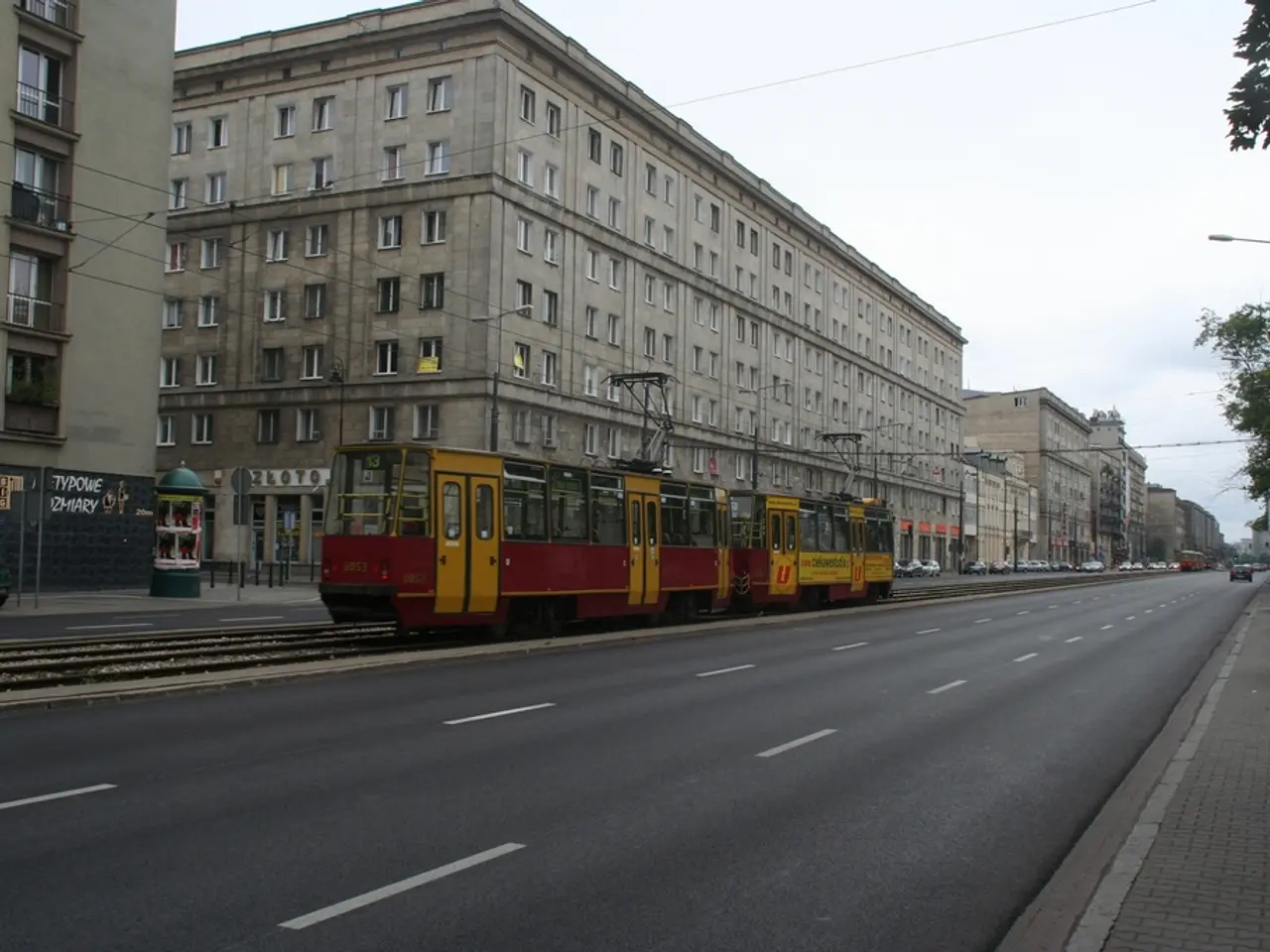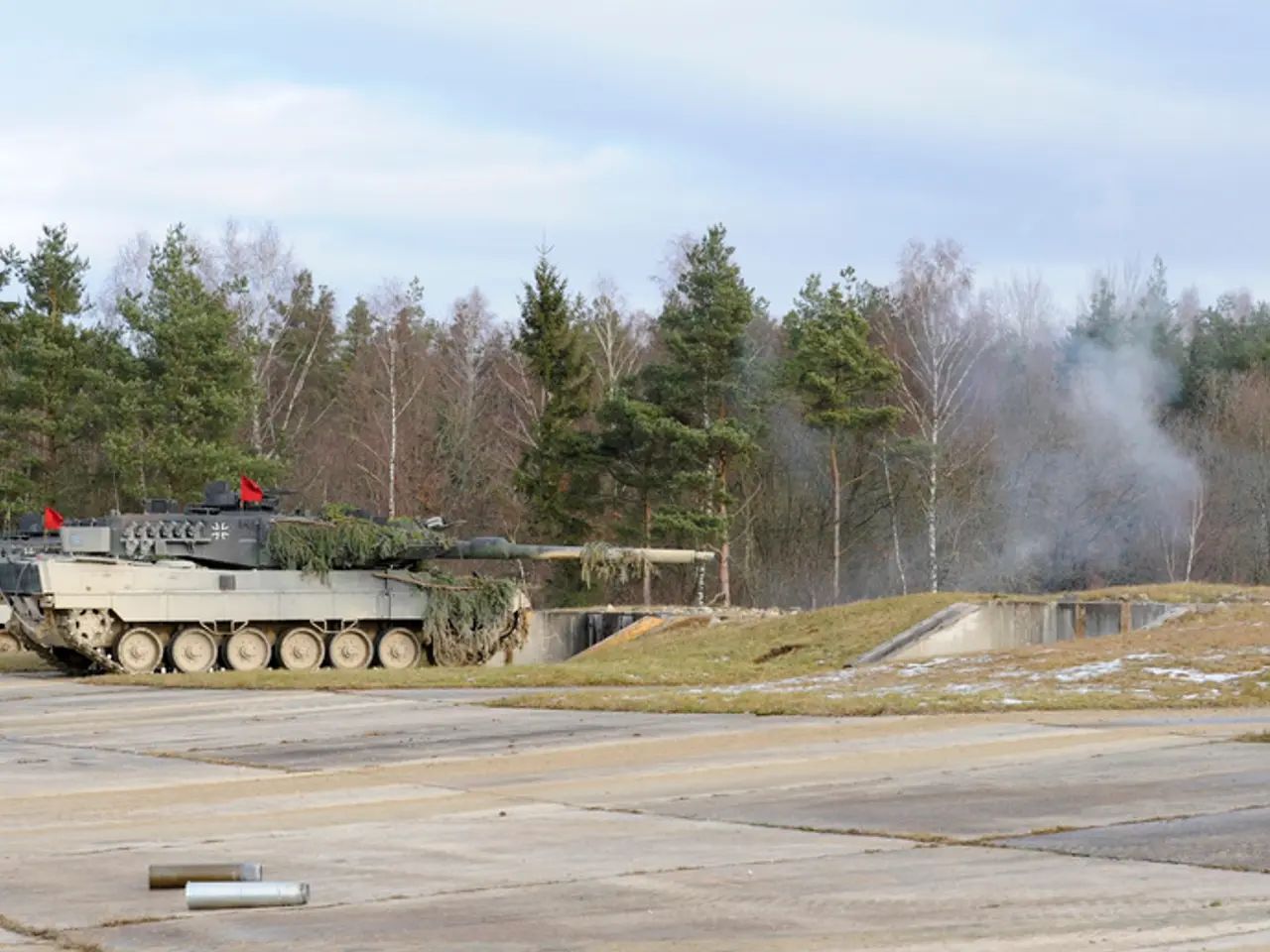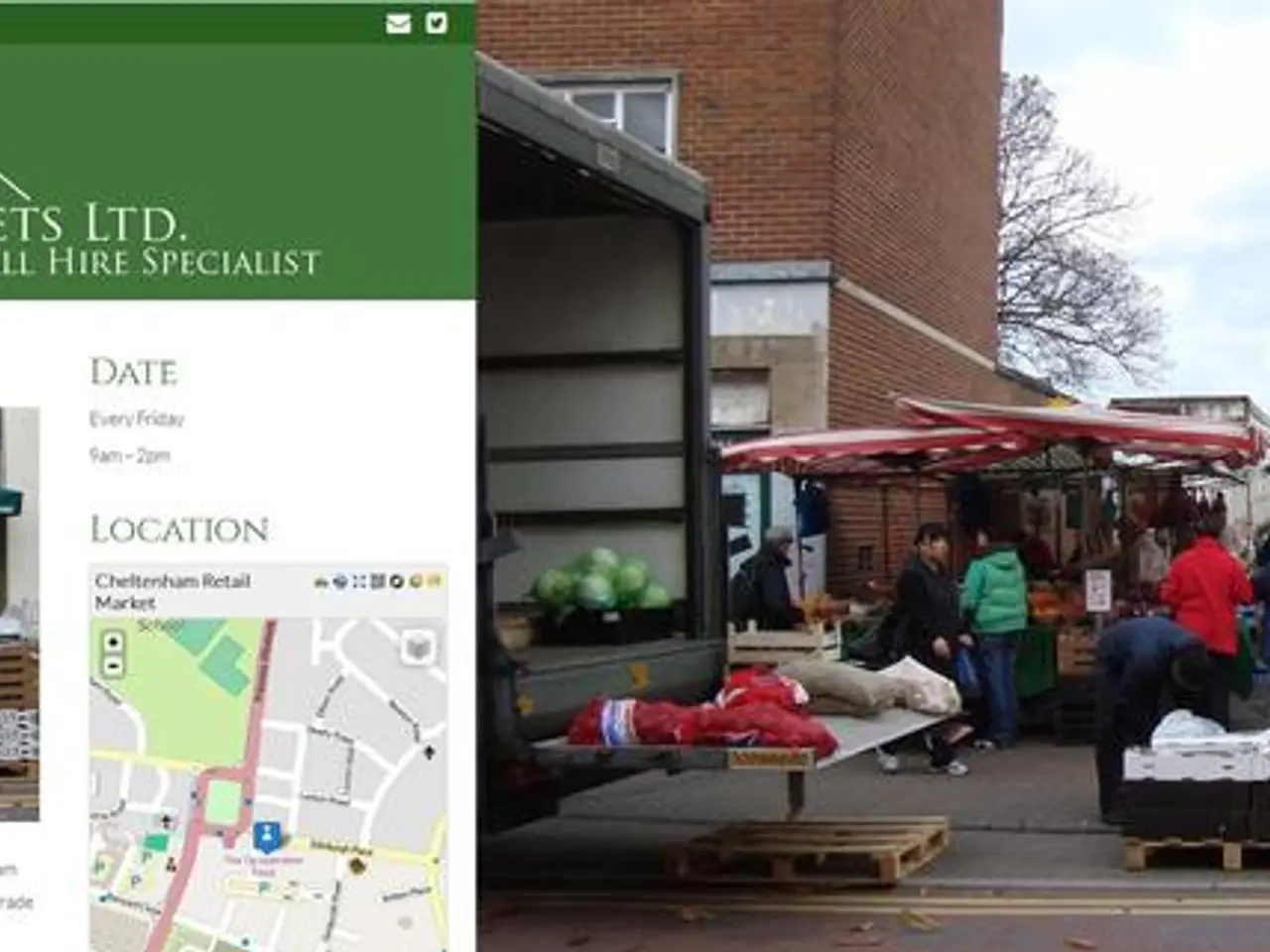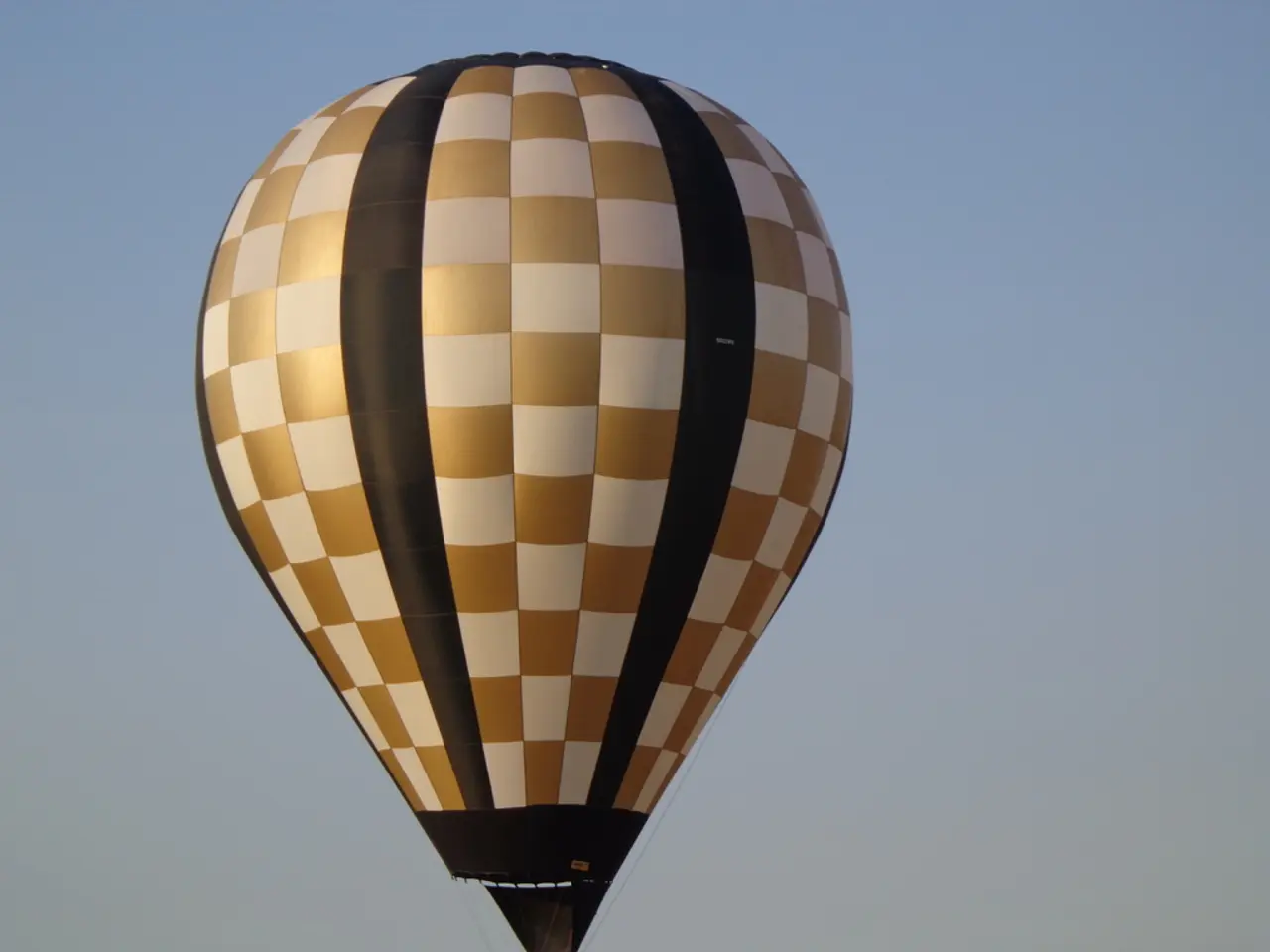Surviving on Skimpier Staples: Russia's Economic Struggles Intensify
Escalating economic woes in Russia persist
Chat it up, buddy! Let's delve into Russia's growing economic troubles, shall we?
With pricey potatoes and a scarcity of onions plaguing Russia, the country with the most agricultural land potential, it's a hot topic even for the Kremlin leader, Vladimir Putin. "Seems like we're low on potatoes," Putin grumbled recently. He also pointed out shortages of sugar beets and certain vegetables.
Just a year ago, potato prices in Russian stores skyrocketed, and official stats show they have nearly tripled. Onions have doubled in price, while cabbage costs over 50% more than it did last year, according to Rosstat. Inflation, currently at 9.6%, is a major factor, especially in the food sector.
Politics: A Whiff of Dialogue, Taurus Threat: Putin Speaks About Merz for the First Time
Back in June, Russians were dishing out more than one euro for a kilogram of potatoes. With average incomes of around 1,000 euros before taxes and pensions of over 200 euros, this isn't pocket change. Inflation woes aren't just causing grumbles -- they're a genuine concern.
The central bank is trying to manage inflation with high interest rates, currently at 20%. The hope is that by making it tougher to get loans, the money supply will decrease, reducing demand, and in turn, lowering inflation. However, Russia's economic landscape is becoming more convoluted.
Government Admits Problems
Economic Minister Maxim Reshetnikov put it bluntly at the International Economic Forum in St. Petersburg (SPIEF), Putin's grand stage. "The numbers say we're cooling off, but entrepreneurs' feelings tell a different story – we're already at the brink of entering a recession," Reshetnikov said. The current high interest rates are discouraging entrepreneurs from investing, Reshetnikov claimed, expecting investments in the third and fourth quarters to be less than last year's level.
Central Bank Governor Elvira Nabiullina defended her monetary policies but also warned of difficulties to come. Russia's economy has held strong for two years despite sanctions thanks to import substitution programs and resources from the National Welfare Fund and existing capital reserves of the banking system. "We must understand that many of these resources have been exhausted, and we need to think about a new growth model," she said.
It's Not Just About Potatoes… or Onions
Indeed, Russia's surprising resilience after Putin ordered an attack on Ukraine has primarily been due to a shift in the economy to war production. Sergei Chemesov, Putin's ally heading the defense industry, recently boasted of a massive increase in ammunition and weapons production, much higher than 2021 levels.
However, civil sectors are struggling with high costs, labor shortages, and technological backwardness, made worse by sanctions. For example, the construction and real estate sector is in a severe crisis, with car production slowing as Western producers and suppliers pulled out. While China exports more cars to Russia, local production isn't keeping up.
Agriculture Woes
To fill the gap left by Western automakers like Avtovaz, the company that produces the Lada, isn't doing so well. They presented the Lada Azimut, their newest model, set to enter mass production next year, but they're struggling to sell their previous models due to low demand. New car sales in Russia have dropped again after a brief uptick in 2024. In the first five months, only about 450,000 vehicles were sold, a 26% decrease. Avtovaz expects a 25% drop in overall sales for the year.
The agricultural machinery manufacturer Rostselmasch is also in crisis, sending over 15,000 employees on forced leave. This leaves employees uncertain about returning to work, as the factory introduced short-time work in March and laid off 2,000 workers in April. Despite the lack of competition, sales of combine harvesters are stagnating due to farmers' lack of funds and pressure from rising production costs.
Hot Potato: Agricultural Challenges in Russia
Russia's agricultural sector is under pressure due to several factors like adverse weather conditions, such as unseasonal frosts and prolonged droughts, causing poor crop yields and a supply gap in staple foods like potatoes and onions. The government has had to increase imports, making Russia the world's most expensive wholesale market for potatoes[2][4]. To address the issue, authorities have implemented measures like duty-free imports and price regulations, but the supply shortages and price volatility persist[2][3].
In summary, Russia's agricultural troubles are deep-rooted, with poor crop yields due to adverse weather conditions, soaring food prices due to scarcity, rising import reliance, and ongoing support efforts for the defense industry causing widespread economic strain.
The community and employment policies within Russia's industries, finance, and business sectors could face significant challenges as the country grapples with its economic struggles. High inflation, escalating interest rates, and a dwindling economy are anticipated to impact entrepreneurial investments, labor markets, and overall economic growth.
Given the increasing reliance on imports due to agricultural challenges, the government may need to reassess its employment and industrial policies to support vital sectors like agriculture, construction, and automobile production, currently struggling with high costs, labor shortages, and technological backwardness.






